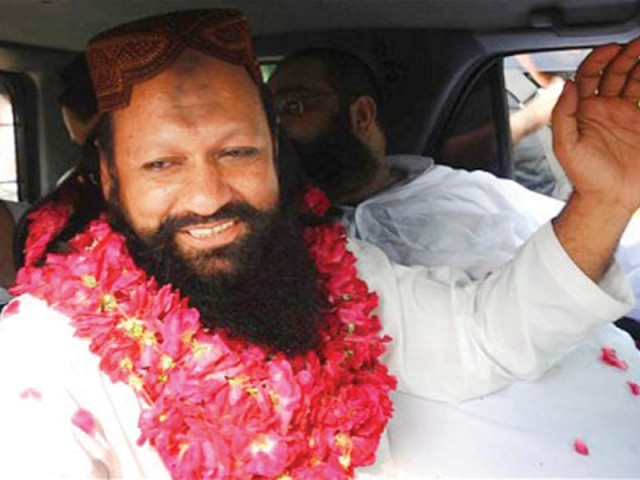Man of violence
It does not seem that keeping Malik Ishaq under house arrest for a temporary period will serve any purpose.

We have before us, then, a dangerous man; it is widely believed that he has played an important role in numerous attacks, including the March 2009 attack on the Sri Lankan cricket team and other high-profile cases, even though the courts failed to convict him. He was eventually released after being acquitted in many of the cases and getting bail in the rest, but for that perhaps the police or the judicial system must shoulder some of the responsibility. The question to be asked now is what he has been doing free for over two months and why does his outfit, despite being banned for a period approaching a decade, seems to be able to operate and stage attacks with impunity, as was shown most recently in the attack on Shias at Mastung.
It does not seem that keeping him under house arrest for a temporary period will serve any purpose. Ishaq may, after this brief period, become free to do what he wishes. The problem lies in the police’s inability to prove the charges against him — a factor that has again and again resulted in killers and terrorists walking free — and also in the degree of commitment of the Punjab government in cracking down against the extremists. Another issue also is that the courts often do not convict those against whom sufficient evidence may have been presented, because in many instances, the judges fear for their lives in case they gave a guilty verdict. However, it all boils down to the state’s willingness to go after those who are involved in acts of terrorism. Unless it does that unequivocally, the monster of sectarianism will only grow stronger.
Published in The Express Tribune, September 24th, 2011.














COMMENTS
Comments are moderated and generally will be posted if they are on-topic and not abusive.
For more information, please see our Comments FAQ